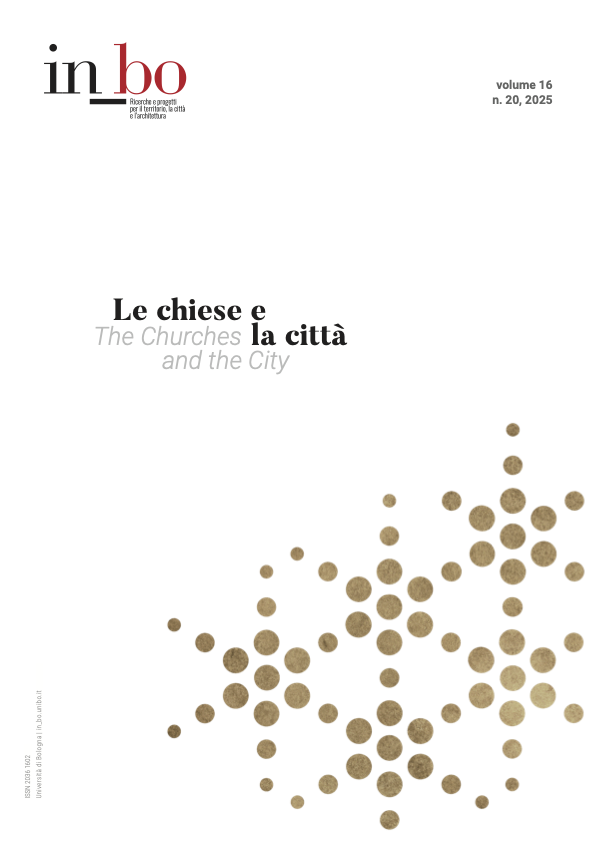Miguel Fisac. Form, Matter and Light: The construction of Sacred Space
The churches designed by Fisac function as genuine laboratories for experimentation, both in terms of renewing sacred space during the Conciliar transition and in the development of innovative construction systems designed to mold the form of space. Within these works, construction, form, matter, and light intertwine as generative design principles, bestowing identity upon the space.
The authors of the selected contributions will participate in an international conference in Bologna on June 25-26, 2026, organized by in_bo and the Centro Studi Cherubino Ghirardacci.
Authors are invited to submit an abstract in Italian or English using the attached template, to be sent by 15 February 2026, to the address fisac@ghirardacci.org.





